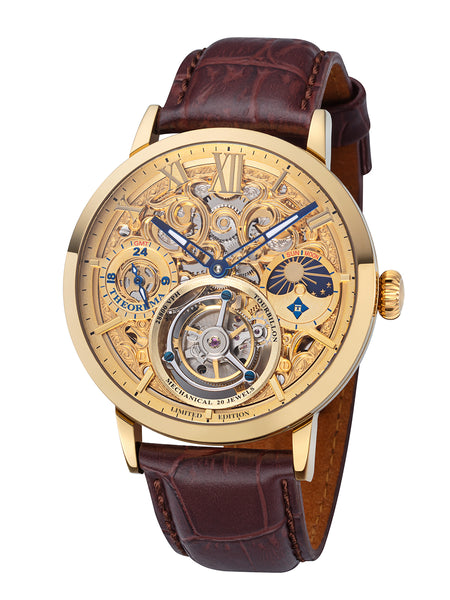Why do people love German watches? What makes them the best when compared to Swiss-made timepieces? Read on to learn more.
Everything You Wanted to Know About German Watches
Until World War II, Germany's watchmaking was a thriving industry. But because of the war, watchmaking factories and essential equipment suffered immensely, causing a complete washout. This decline continued until the country unified in 1990, and the high-end watchmaking industry resurged through private watchmakers. Today, German watches run the gamut from high-end watches to affordable timepieces; there's something for everyone. German watchmakers not only supply timepieces but are among the world's largest suppliers of watch components like straps, cases, CNC routers, and other essential watch parts.
German Watchmaking Aesthetics
Regardless of the price,German watchesare widely known for their technical precision rather than aesthetic beauty. Their watches have great accuracy, attention to detail, engineering, and functionality. This philosophy is evocative of German manufacturing philosophy, and the designs have with clean finishes. A German watch is understated, focusing on functionality rather than decoration.
How Are German Watches Different from Swiss Watches?
While German watches are designed for utility, Swiss watches are designed to be showy and fanciful. Many high-end Swiss watches use the latest technology. Swiss-made watches use rhodium-based brass in their movement. In contrast, German watches are made using German silver because of its softer sheen.
What Are the Popular German Watch Brands?
Some of the most popular German watch companies include A. Lange & Sohne, NOMOS Glashutte, and Stowa. But if you're looking for German design philosophy combined with affordability, visit us! At Tufina, we've been in the business of manufacturing mechanical watches for over twohundred years. All our watches are hand-assembled in Germany and shipped for free across the world.











Leave a comment